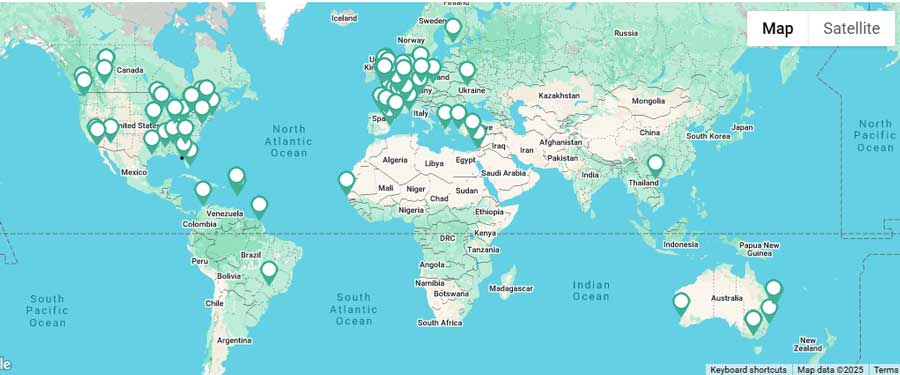BIOSAMPLE HUB
A not-for-profit company that empowers biotechs with reliable biospecimens
AI-assisted Biosample Search
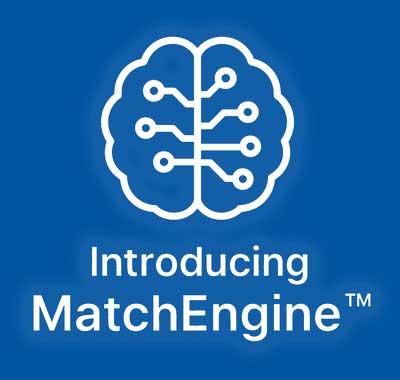
Powered by an AI‑driven matching engine, this platform ingests free‑text sample requests and structured biobank inventories, standardises both with a curated biomedical thesaurus, then ranks potential matches using a transparent, multi‑criteria score. The result: faster, higher‑confidence connections between life‑science companies and academic/non‑profit biobanks
Members of Biosample Hub now have access to the Trial Version of MatchEngine™ on the members website at https://members.biosamplehub.org/login/
Members can book to see a demo of the MatchEngine™ platform at https://forms.gle/7c2VSnJNmVzcBSjM6
Biosamples From Our Global Not-For-Profit Network
We Support Ethical Biosample Procurement

Not-For-Profit
Company ethos ...
Biosample Hub operates as a not-for-profit organization, which aligns with the non-commercial biorepositories we serve.
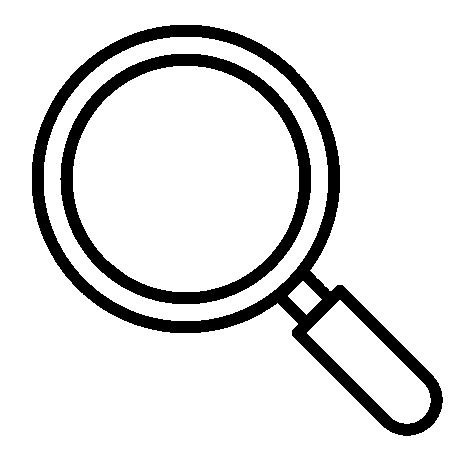
Transparency
Transparency first ...
We prioritize transparency in all interactions between biorepositories and biosample requesters. Furthermore, our financial records are publicly available, ensuring complete transparency in our operations.

Traceability
Biosample traceability ...
Traceability is central to our operations at Biosample Hub. Since our platform directly connects biorepositories with requesters, we ensure the highest standards of scientific quality control, legal compliance, and ethical integrity.
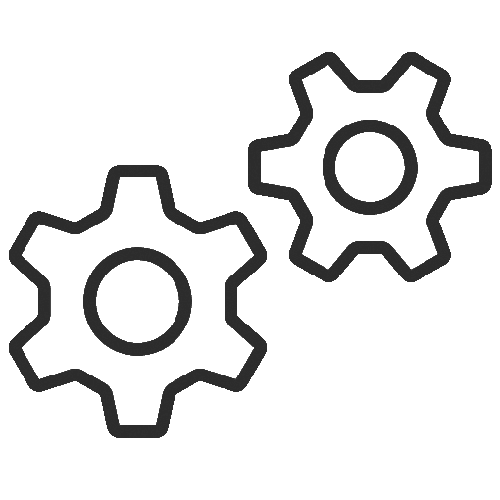
Web Platform
Platform components ...
Our web platform offers various resources, such as noticeboards, directories, and communication tools. It enables direct interaction between biorepository managers and biotech professionals. For example, members can search directories or post biosample requests. Additionally, our admin support is always ready to assist with operational needs.

Global Biorepositories
World-wide network ...
Biosample Hub connects providers and requesters of patient samples from across the globe. Our members include professionals from North and South America, Europe (mainly Western Europe), the Middle East, Africa, Asia, and Australasia. Notably, Biosample Hub operates as a not-for-profit company registered in the UK, which helps ensure that ethical practices are upheld.
Resources in other languages

Diverse Biosamples
Biosample types ...
You can access a wide variety of biosamples sourced from global populations. For example, we offer samples for various medical conditions, including infectious diseases, cancers, and disorders affecting all body systems. In addition, we provide normal tissues, body fluids, umbilical cord blood, and microbiome samples. Our biospecimens come in different storage formats and processing methods, ensuring flexibility to meet your research needs.
Biosample Hub’s Mission
Our mission is to bridge the gap between non-commercial biorepositories and biotech innovators, ensuring reliable access to high-quality biospecimens that accelerate the development of life-saving therapies and diagnostics for patients worldwide.
Frequently Asked Questions
Does Biosample Hub handle individual patient data?
No. Biosample Hub does not process, store, or directly handle individual patient data or identifiers. Such information remains strictly confidential and is managed exclusively by biobanks and biotech companies.
Where is Biosample Hub located?
Biosample Hub operates online, serving a global community. Our members come from North and South America, Europe, the Middle East, Asia, and Australasia. The company is registered in the UK.
Why Is Biosample Hub Not-For-Profit?
There are compelling reasons to organize patient sample procurement on a non-commercial basis. For more details, refer to the Nuffield Council on BioEthics report entitled ‘Human tissue: ethical and legal issues’ (pages 50 to 53). Commercial interests can often reduce sample traceability, leading to ethical and scientific concerns (Hofman et al, 2017).
What is a Material Transfer Agreement?
A Material Transfer Agreement is a legal contract that governs the transfer of tangible research materials between two organizations, often between academic institutions, research organizations, or companies. It outlines the terms and conditions under which the recipient can use the materials. MTAs are commonly used in scientific research and development, especially in fields like biotechnology, pharmaceuticals, and life sciences.
Do I need to check organisations I connect with via Biosample Hub?
Yes. While Biosample Hub connects the bioscience community, we operate as a neutral platform and don’t endorse members. Performing your own due diligence on potential partners (biobanks, companies, sponsors) is an essential professional practice. It helps ensure they meet your specific requirements and builds a foundation for trust. We offer guidance on this process here: How to approach Due Diligence
What are Biosample Hub's main goals?
- To help biotech and pharma companies find reliable patient samples from trusted biorepositories.
- To assist academic biobanks in aligning their services with industry needs.
What does Not-For-Profit mean?
Biosample Hub is a company limited by guarantee, without share capital. As a result, this means we have no shareholders. Moreover, our articles of incorporation specify fair wage payment, the use of surplus funds, and asset distribution upon dissolution.
When was Biosample Hub founded?
Biosample Hub incorporated on March 12, 2020.
Recent Biosample Hub Webinars
Biosample Hub offers free webinars on topics relevant to hospital biorepositories and companies seeking reliable biosamples for research and development.
To see additional webinars, click here to subscribe to our YouTube channel


